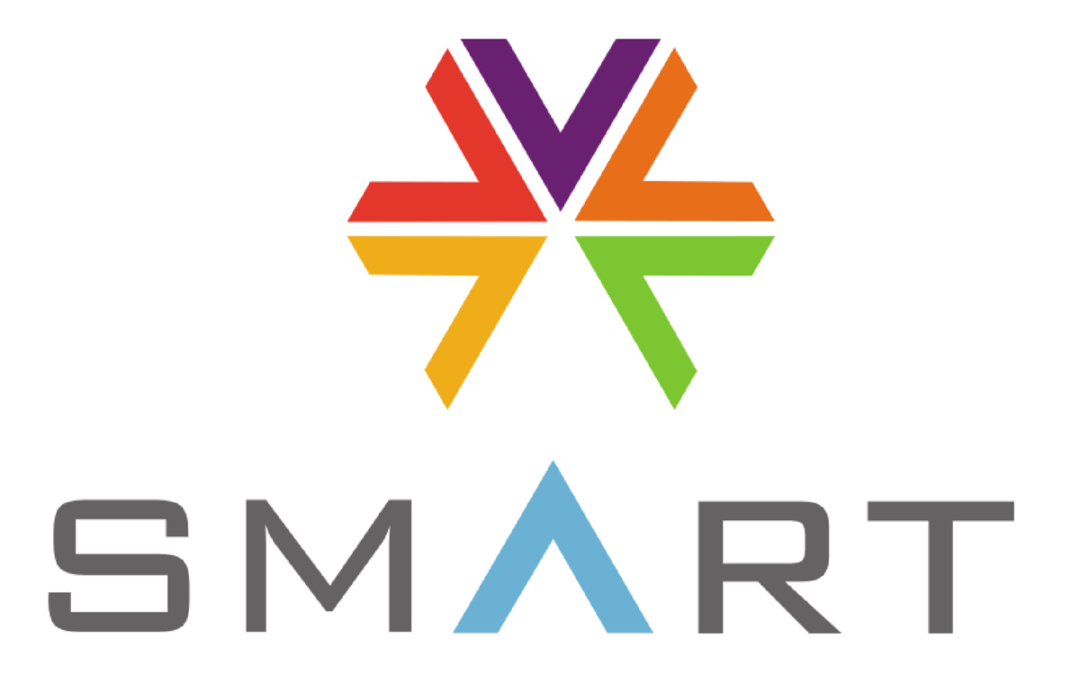
As the healthcare industry continues to shift from fee-for-service to value-based care, data interoperability is increasingly becoming a key concern for providers trying to better engage with patients, improve clinical workflow, and ultimately drive better health outcomes. In fact, more than 70 percent of healthcare financial executives say that data interoperability must improve within the next three years to ensure the success of value-based care.
The good news? The potential for secure, on-demand information exchange is at our doorstep, leveraging a powerful combination of two innovative technologies: SMART (Substitutable Medical Applications, Reusable Technologies) on FHIR (Fast Healthcare Interoperability Resources).
While SMART on FHIR isn’t a new concept, many health systems are still grappling to understand the technology. Is it truly worth the investment or is it just another burden on health IT departments already struggling to keep up with massive amounts of data and the unrealized promise of ‘plug and play’ solutions?
Here’s what you need to know about this innovative combination.
What exactly is SMART on FHIR?
SMART is an open standards-based technology platform that enables developers and innovators to create apps seamlessly and securely within a healthcare system’s electronic health record (EHR).
FHIR (pronounced ‘Fire’) allows clinician applications to access patient data—such as aggregated health records, risk assessments, precision medicine, and patient education materials—in a defined, standards-based methodology outside of the EHR. It is the latest standard to be developed under the Health Level Seven HL7 organization.
With the industry’s (and healthcare consumers’) hearty appetite for apps, FHIR opens the door to tens of thousands of medical and health and wellness applications, while meeting Meaningful Use Stage 3 guidelines that require eligible organizations to comply with patients’ requests to have the app of their choice connected to their EHR.
SMART is the application side while FHIR is all about the data. Together, Smart on FHIR creates a framework to build healthcare applications that don’t rely on one specific vendor—so it can run across any healthcare system with a seamless user experience for the clinicians, in a secure manner, without having to write custom, non-standard applications.
Maximizing EHR Return on Investment
For clinicians to realize the full value of an EHR, it’s important that all aspects of patient care are integrated into the system. However, most of today’s providers and health systems are still limited to episodic data retrieval and exchange of patient data, which limits care coordination, data analytics, and decision-making.
While there are a growing number of technologies that gather and store this information, the challenge is to make these different sources of data—from hospitals, clinicians, health plans, patient portals, databases and, increasingly, patients—effectively talk to one another.
FHIR is one way to establish data source access standardization. FHIR saves time on the often-burdensome steps to mine big data, access patient records (providing a comprehensive picture of the patient’s health record), and make recommendations for more intelligent patient education that is always up-to-date and in line with current best practice standards.
Key benefits include:
– Greater choice of applications and devices to support clinical workflow at the point of care, allowing clinicians to spend less time at their computers and more time with their patients
– Enables healthcare institutions to maximize their EHR investment by streamlining internal customization projects and drawing on a library of innovative apps
– Accelerates the creation of best-of-breed apps and reduces the cost and complexity for app developers trying to integrate with customers’ EHR systems
– Leveraging a third party application can reduce the burden on IT groups for maintaining content, such as quarterly uploads
By changing the way healthcare organizations integrate and exchange data, there is a tremendous opportunity to improve both the quality of care and profitability. In a quickly evolving industry landscape where time and workflow are tied directly to outcomes and regulatory mandates, the ability to access tools like personalized patient education, cardiac risk assessments, genomics, prescription drug monitoring, and more—directly from your EHR—is a game-changer.
Mitch Collier is the vice president of product at StayWell, where he leads the company’s product development, management, operations, and user experience team. With a people-first approach to product development, Mitch ensures StayWell fulfills its mission to help individuals live healthier, happier lives.
